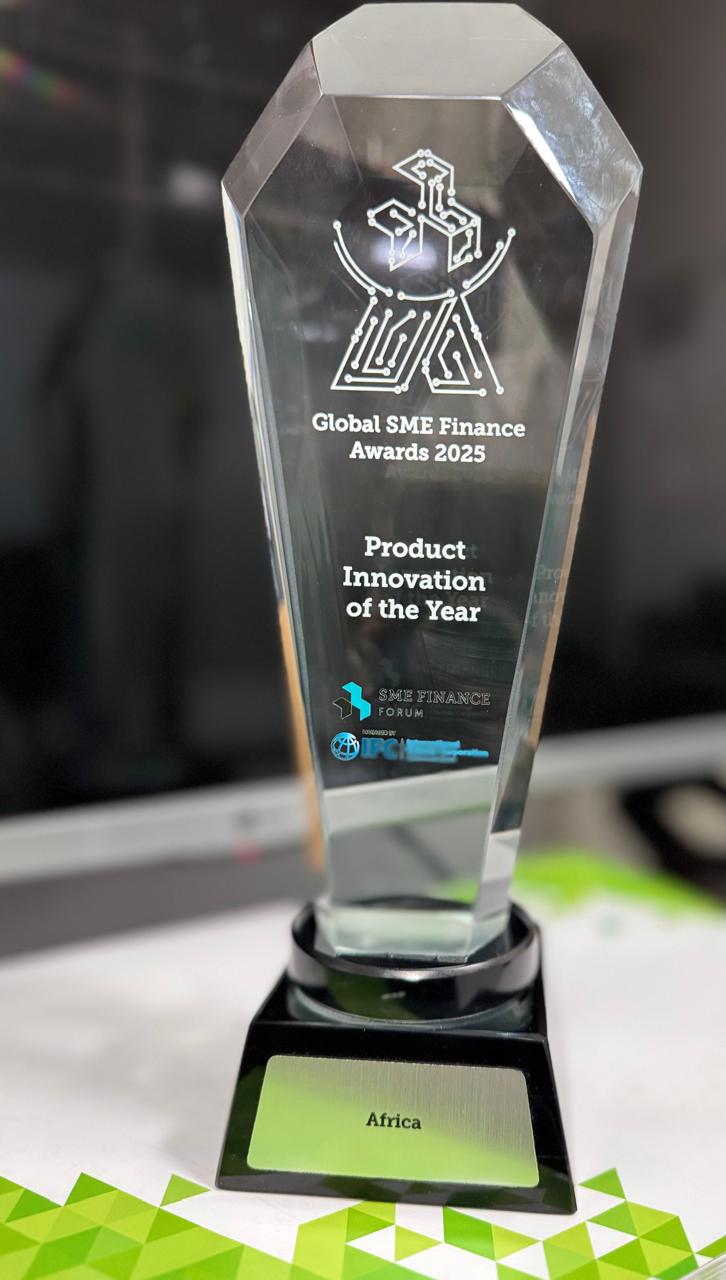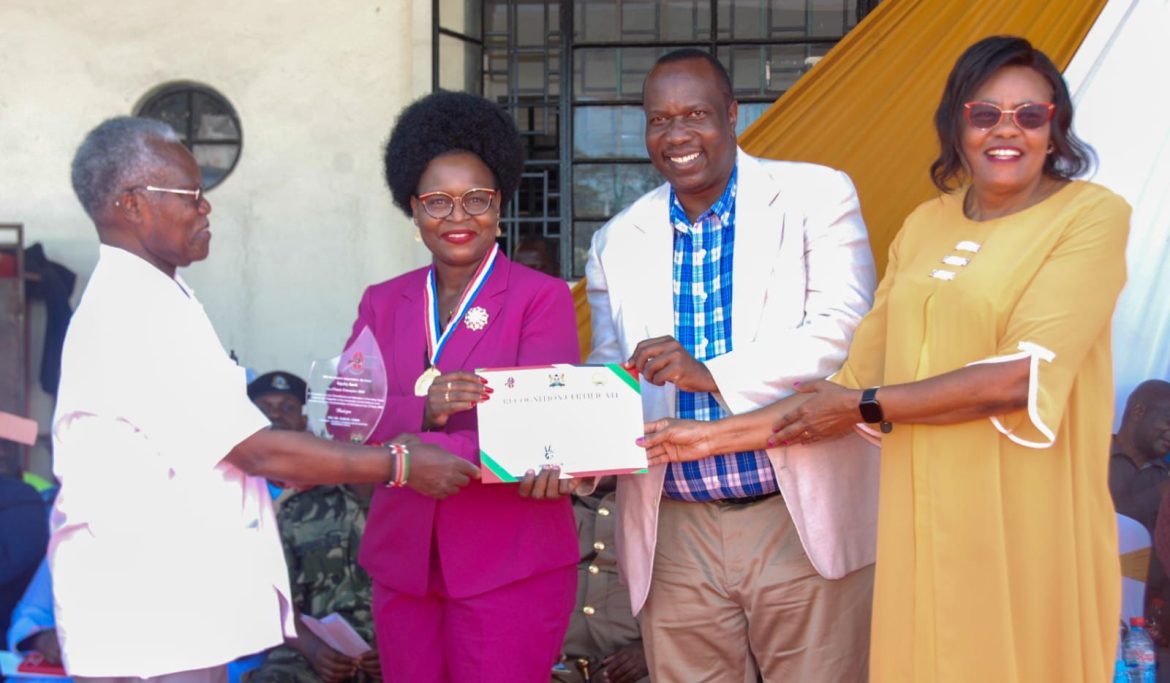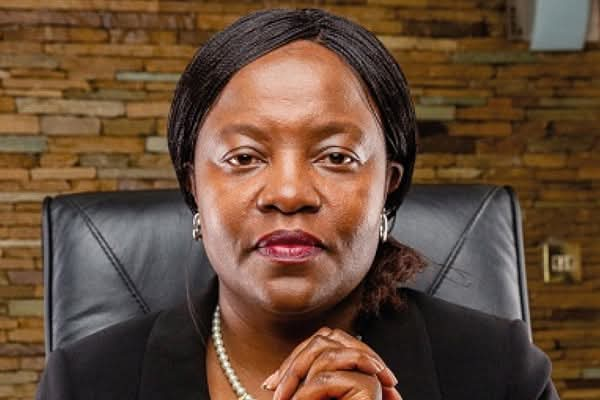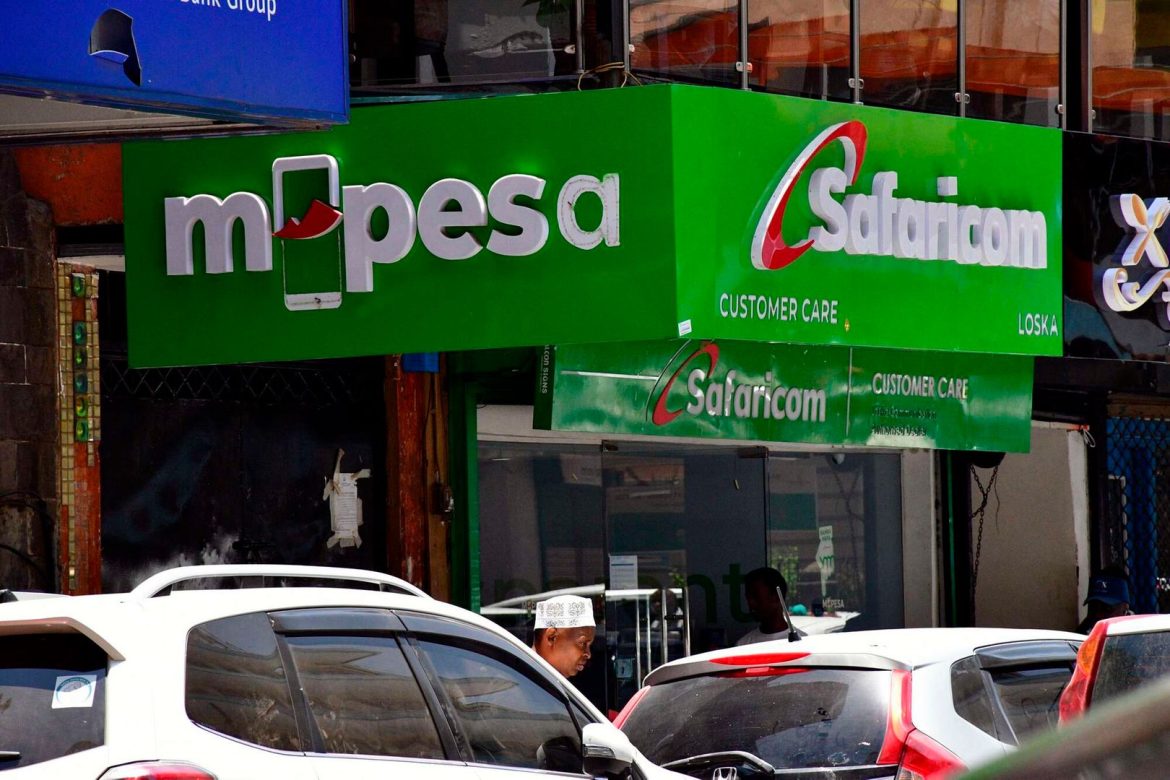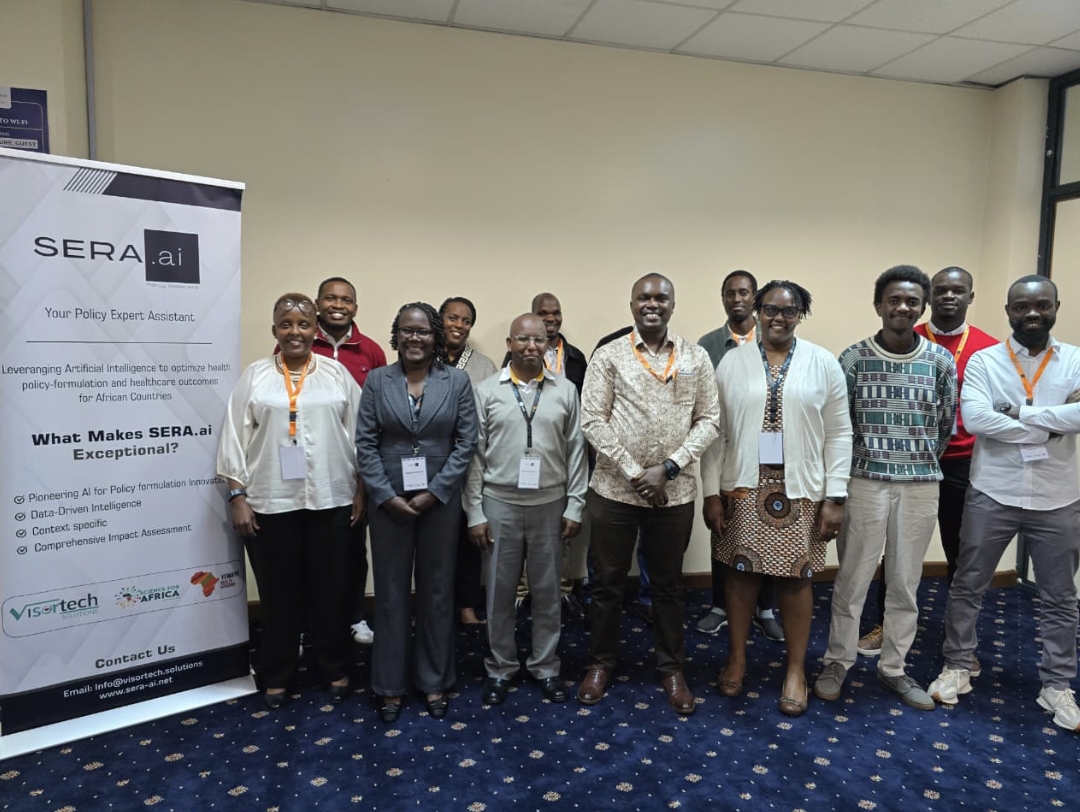The Co-operative Bank of Kenya has cemented its position as an innovation leader in African finance, taking home the coveted Product Innovation of the Year (Africa) at the Global SME Finance Awards 2025.
The prestigious global recognition, hosted by the International Finance Corporation (IFC) and the SME Finance Forum, and endorsed by the G20’s financial inclusion body, effectively declares Co-op Bank the most innovative financial institution on the continent for its small business solutions.
The award validates Co-op Bank’s targeted and holistic strategy to serve the critical Micro, Small, and Medium Enterprise (MSME) sector.
The bank was singled out for its success in deploying tailored products, digital ecosystems, and inclusive financing models that overcome traditional hurdles for MSMEs, such as lack of collateral and complex application processes.
The Global SME Finance Awards celebrate institutions that demonstrate exceptional innovation in serving the vital MSME sector. Co-op Bank was recognized for its ability to seamlessly integrate digital technology with accessible financial products, breaking down traditional barriers to credit and enabling thousands of small businesses to grow and create jobs.

